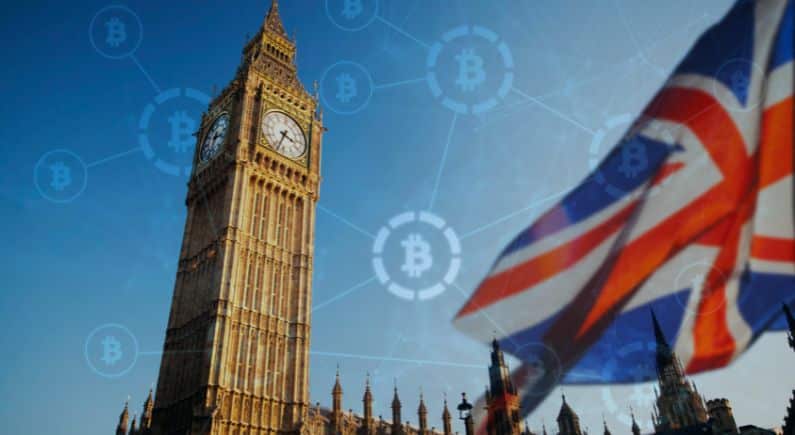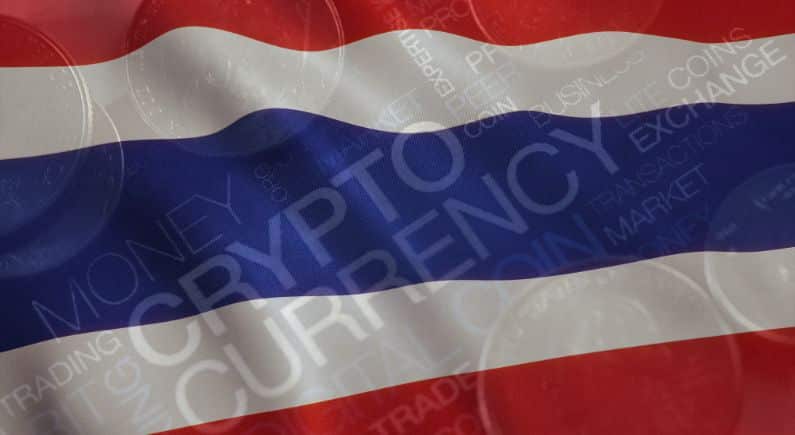Blockchain for good: changing the narrative

We’ve yet to scratch to the surface of what’s possible with blockchain. Inhwan Kim, President of BPF, and contributor to the upcoming issue of Block magazine, writes about the power of this emerging tech, and its potential for societal change.
Blockchain and cryptocurrency have been touted as the next great emerging technologies in the world for essentially the last decade. What all started with the Bitcoin whitepaper and a goal of a new payment system not governed by central banks around the world has not only transformed into an exciting new field, but also a global movement.
Cryptocurrency began making headway once the craze known as initial coin offerings (ICOs) came into view as a new means of crowdfunding. But this crowdfunding period will ultimately be remembered for bad actors, over ambitious pipe dreams and good old-fashioned greed.
But, from the ashes a phoenix was still able to rise.
Once the initial hype of cryptocurrency and blockchain died down as a means of earning fast money, the remaining projects were able to make real contributions and focus on utilising blockchain technology for good.
Crypto contribution to the UN’s SDG
One of the key ways in which the crypto industry can contribute to using blockchain for good is by contributing to the United Nations Sustainable Development Goals (SDGs). As part of the vision for 2030, the UN proposes 17 goals to transform the world for persons with disabilities.
These goals include:
- GOAL 1: No Poverty
- GOAL 2: Zero Hunger
- GOAL 3: Good Health and Well-being
- GOAL 4: Quality Education
- GOAL 5: Gender Equality
- GOAL 6: Clean Water and Sanitation
- GOAL 7: Affordable and Clean Energy
- GOAL 8: Decent Work and Economic Growth
- GOAL 9: Industry, Innovation and Infrastructure
- GOAL 10: Reduced Inequality
- GOAL 11: Sustainable Cities and Communities
- GOAL 12: Responsible Consumption and Production
- GOAL 13: Climate Action
- GOAL 14: Life Below Water
- GOAL 15: Life on Land
- GOAL 16: Peace and Justice Strong Institutions
- GOAL 17: Partnerships to achieve the Goal
While these goals for the UN focus on persons with disabilities, their intentions extend beyond just that and focus on using blockchain technology for societal good.
The error which many projects and blockchain use cases that sprung up a few years ago made, were that they didn’t require blockchain to solve the problem. Blockchain was simply a buzzword at the time. The solutions that were touted as use cases were being adjusted to include blockchain technology, rather than being formed around it.
However, as time has progressed, many organisations are finding the benefits of incorporating blockchain technology as a means of solving the problems they currently face.
What’s even better? These problems are global and not only concentrated in one specific location.
This means that persons in countries with a lower economic status, the exact areas where the United Nations hopes to do the most good, are the ones that can benefit the most. But, the solutions have impacts in making things more efficient in richer countries as well.
Here are a few examples of projects:
IBM
Multinational technology company IBM is one of the major forces in the corporate world with successful use cases for blockchain technology. In fact, IBM has their own blockchain for good initiative where they focus on using the key elements of the blockchain.
Blockchains are known for being tamper proof and immutable. These are some of the key features which give it a large use case.
While other digital ledgers can be altered successfully, this isn’t the case with a blockchain as a consensus from multiple validators is required before any transaction can be deemed successful. Then, transactions are recorded where they cannot be deleted.
One of the participants in the IBM initiative is their client Plastic Bank. Plastic has been the cause of many pollution issues around the world and many larger economies have found a way to deal with it to an extent. However, with a lack of recycling options in other locations it still represents a global problem.
With the help of IBM, persons in areas of high poverty are able to collect and trade plastic waste for the items they need most. One of the issues in places of high poverty is that populations lack access to bank accounts. While much of the rest of the world utilises digital banking, this isn’t a possibility for them. Until now.
Blockchain and cryptocurrency make it possible for these persons to be financially rewarded by trading in their plastics for items and currency they can actually use.
IBM’s blockchain initiatives go farther than just handing out remittances for plastics recycling. Blockchain has also made it possible for the unbanked population to receive microloans, and quite significantly made supply chains more efficient.
Supply chains are global systems that include organisations, people and their activities in getting products from raw materials to the final delivery to the customer. With so many moving parts involved in a supply chain it can be difficult to track everything from beginning to end.
That was, until blockchain technology.
One of the major problems in supply chain tracking involves the question as to whether materials are being sustainably found or not. With blockchain’s ability to track transactions in a digital ledger that is visible by all participants, then it becomes easier to work on tracing where products are coming from and to ensure the highest quality.
Binance
Binance is known as the largest cryptocurrency exchange in the world, but through their larger Binance vision, they are tackling some other use cases that match the blockchain for good initiative.
Charitable donations are known for having issues which make it difficult for them to truly help the people they’re supposed to. Some of these issues include a lack of transparency in knowing where funds are being sent and difficulties for certain groups of people to make donations.
Recognising this problem, Binance focused on using blockchain to help solve it. Again, blockchain’s key characteristics are what make it possible to make crypto philanthropy a reality.
The ability to track where donations are going and make it visible for everyone can be a game changer and put charitable donations exactly where they need to be.
World Economic Forum
Similar to IBM’s efforts to improve blockchain supply chain tracking, the WEF also launched an sustainability tracking initiative to ensure resources from supply chains around the world come from sustainable methods, in order to protect the environment.
Traceability data makes it possible to see where raw materials are coming from and to keep everything going great.
Democracy on the Blockchain
In the world of cryptocurrency, one area that has been difficult to manage has been the decision making process. Other blockchain initiatives manage to use the technology for good by focusing on key elements of immutability and transparency. For projects funded by cryptocurrency crowd sales however, this has been a challenge.
Whether or not a blockchain project was successful or not, had less to do with a return on investment for token sale participants, and more to do with the fact that token purchases weren’t afforded the decision making ability of a key stakeholder.
One way around this issue is by using blockchain as means of coming to democratic decisions. This ability to use blockchain technology to come to decisions will also have far reaching prospects that help such UN initiatives as Decent Work and Economic Growth and Peace and Justice Strong Institutions.
Bosagora’s work in developing a democratic decision making process on the blockchain will go a long way to ensuring transparency coming to collective conclusions. Their Congress Network acts as means for all participants in a project to vote on key decisions. This gives each person an equal voice, despite differences in economic backgrounds.
Blockchain technology has received some negative feedback over the years but by focusing on things which can have a benefit for society, then the outlook for blockchain as a means doing some good is perfect.
Block Issue 5 is out:
The Block is a bi-annual publication which illuminates the cutting-edge sectors of AI, blockchain, crypto and emerging tech, with a print run of 5000 delivered to leading brands across the global industry. View our latest issue of the Block here.









